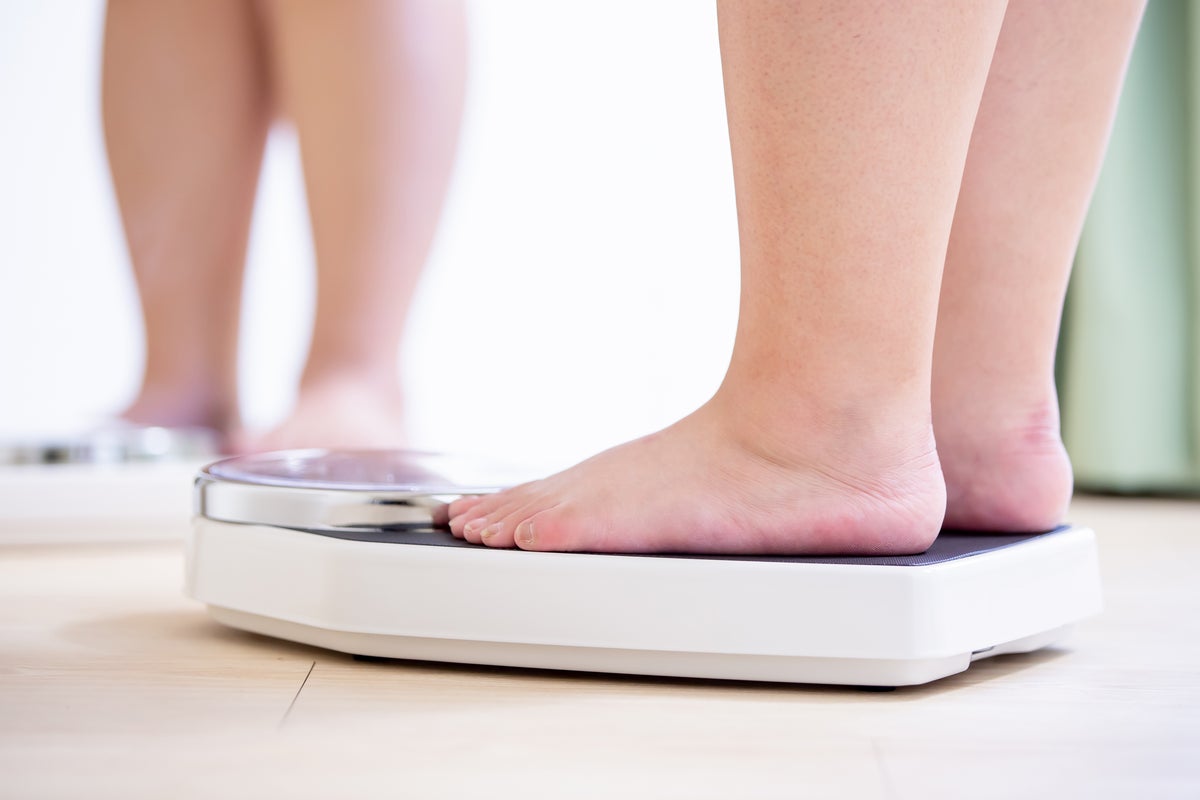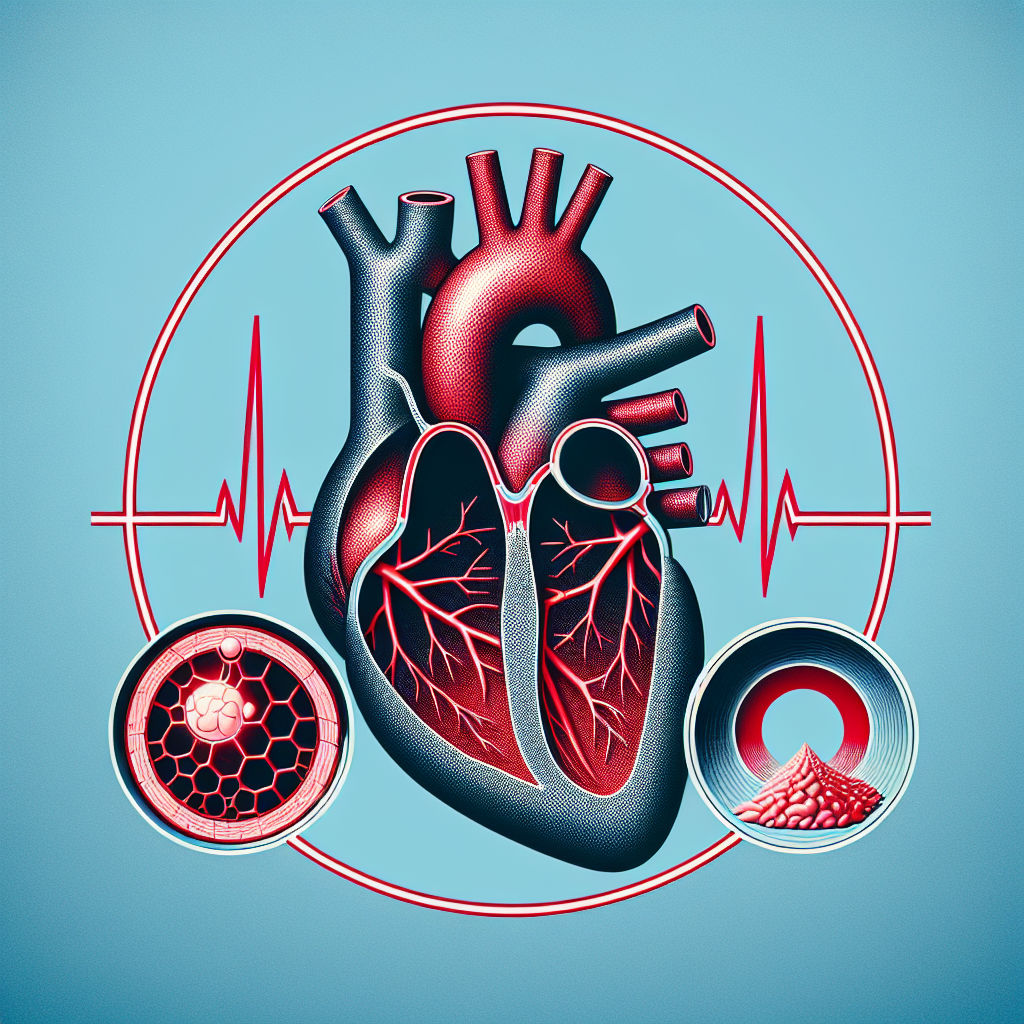The number of teenagers who are obese or overweight has soared by 50 per cent in England since 2008, researchers have revealed. Healthcare data showed rates increased by more than a fifth between 2008 and 2010 and soared by more than a third from 2021 to 2023. Ultra-processed foods, such as packaged snacks and fizzy drinks, and sedentary lifestyles driven by excessive screen time, are to blame for the rise, the study authors suggest.
Being overweight during childhood can also increase the risk of diabetes and liver disease later in life, researchers added. Based at universities and hospitals in Bristol and Liverpool, the researchers used BMI readings of 12- to 17-year-olds in England. They found rates of teenagers who were obese or overweight increased by 22 per cent between 2008 and 2010 and by 33 per cent between 2021 and 2023, revealing a steeper increase following the Covid pandemic.

“Over the past 15 years, obesity in adolescents has risen significantly due to a combination of increased consumption of ultra-processed foods, sedentary lifestyles driven by excessive screen time, inadequate sleep, and rising mental health challenges,” the study authors said. “Additionally, reduced opportunities for physical activity and socioeconomic disparities have further contributed to an environment that promotes unhealthy lifestyles ,” they added. Overall, obesity levels in the UK far exceed those in other European countries, with 64 per cent of the population over the age of 15 considered obese or overweight.
That’s in comparison to 46 per cent in Italy and 45 per cent in France, according to separate data from the Organisation for Economic Cooperation and Development. In the second part of the study, researchers also found that over a follow-up time of six years the risk of developing additional health problems was higher in young people who were obese than those of a healthy weight. They found the risk of developing sleep apnoea was eight times higher for those who were obese, for type 2 diabetes the risk was 11 times higher and for polycystic ovary syndrome the risk was four times higher.
In addition, the risk of developing liver disease was 12 times higher for those who were obese. Rob Hobson, nutritionist and author of Unprocess Your Family Life , told The Independent the increase in the number of obese teenagers “rings alarm bells”. Mr Hobson, who was not part of the study, said: “I think ultra-processed foods do play a big part, because they dominate children’s diets.
“Packaged snacks, fizzy drinks, sugary cereals, takeaways and cheap ready meals, they are everywhere. They are hard to resist, they are addictive, often cheap and convenient. “If these bad habits follow through to adulthood, they are more at risk of developing diseases later in life.
” Mr Hobson explained that high rates of anxiety, poor sleep and a sedentary lifestyle all influence the choices young people make around food. “We need to do something about the food that is available to children, educate them on how it affects their health and get them to cook more to understand food,” he added. The research by the European Association for the Study of Obesity, is by Dr Dinesh Giri, consultant paediatric endocrinologist, Bristol Royal Hospital for Children and honorary senior lecturer, University of Bristol, and Dr Senthil Senniappan, consultant paediatric endocrinologist, Alder Hey Children’s Hospital, Liverpool.
It is set to be presented next month at the European Congress on Obesity in Malaga, Spain..
Health

Number of overweight teens in England has soared by 50% since 2008

Junk food and excessive screen time could be to blame for the rise, according to the study authors















